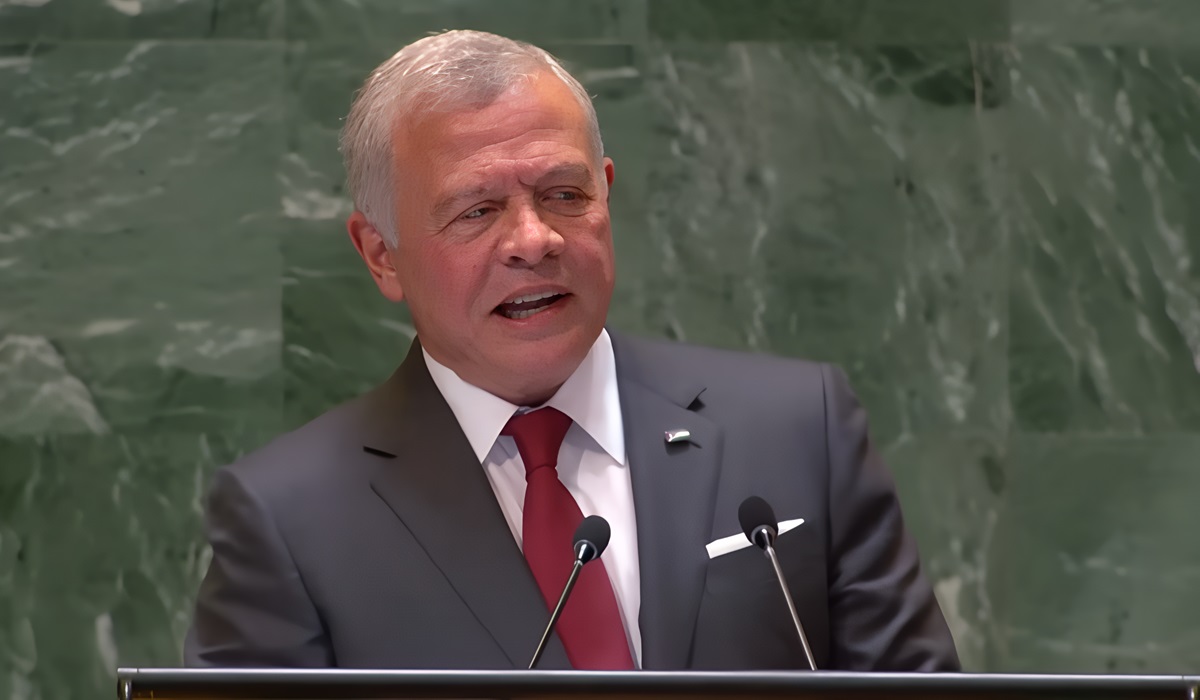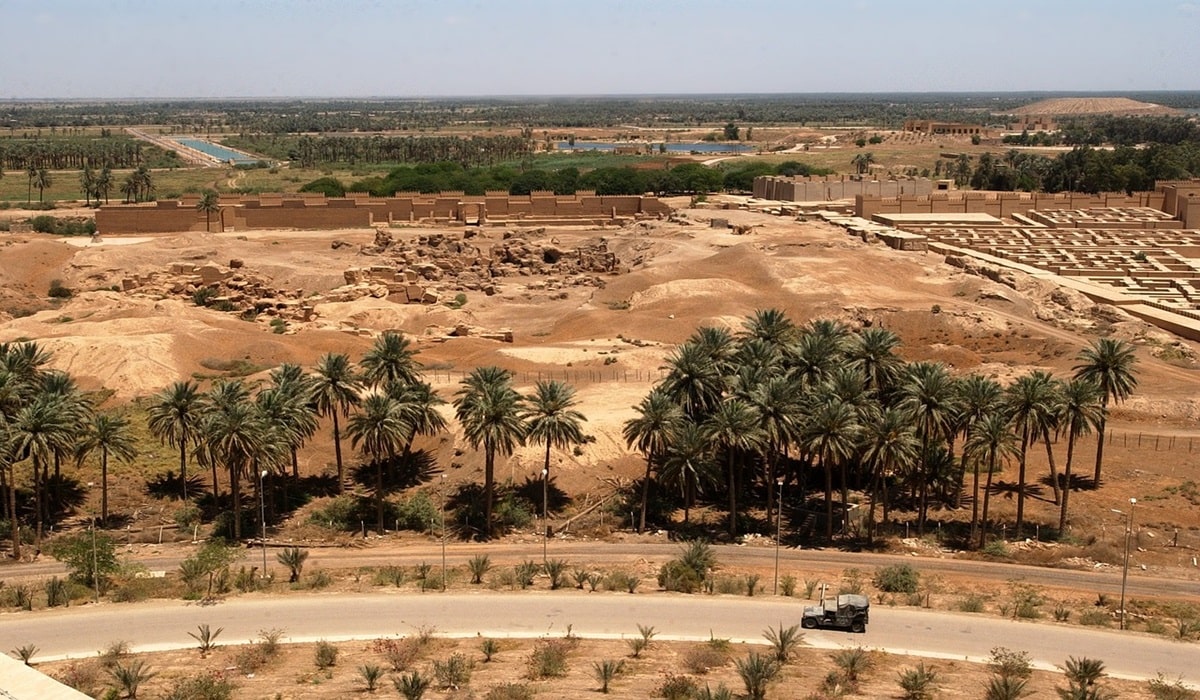Echoes of Distress: Aleppo’s Earthquake Woes Compound Financial Struggles
- Kingston Bailey
- Middle East
- Trending
- August 17, 2023
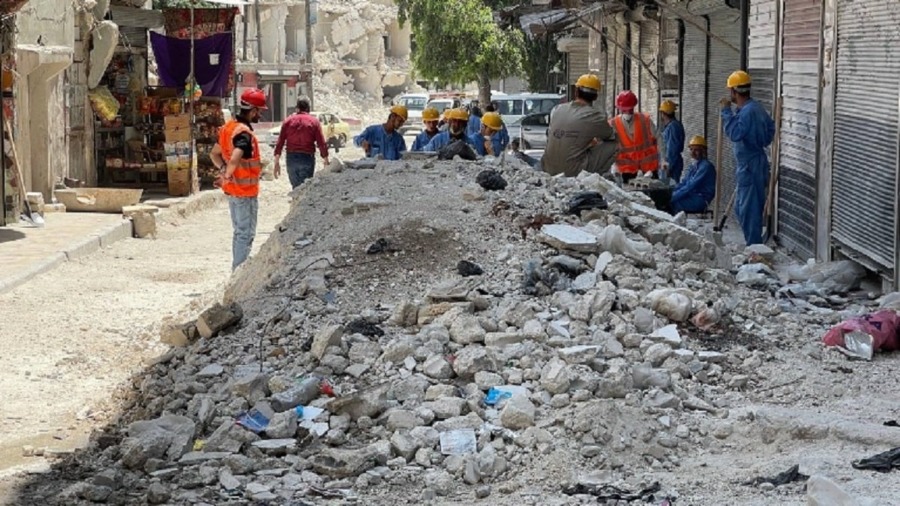
Aleppo, Syria– The seismic upheaval that shook the country in February 2023 has cast a long and distressing shadow over the city’s households and workers, compounding their financial challenges. A recent assessment by the International Labour Organization (ILO) delved into the needs of those affected by the earthquake, painting a poignant picture of the uphill battle they now face.
Before the earthquake’s devastating blow, a disconcerting 88 per cent of surveyed households were grappling with the weight of inadequate income to cover basic living expenses. However, this distressing figure ballooned to over 95 per cent in the aftermath of the quake, underscoring the dire consequences of the disaster.
The economic tremors also triggered a disheartening shift in income dynamics. The percentage of households earning a meager monthly income of less than 200,000 Syrian Pounds (equivalent to USD 20-30) swelled from 39.5 per cent before the earthquake to a staggering 51.7 per cent post-earthquake. For a significant proportion, the seismic event led to a huge decline in monthly earnings, especially affecting those already in the lower income brackets.
Faced with this grim financial scenario, households have resorted to adaptive strategies, such as borrowing money, juggling multiple jobs, and compromising on the quality of food they consume. These survival tactics underscore the resilience and determination of Aleppo’s families in the face of adversity.
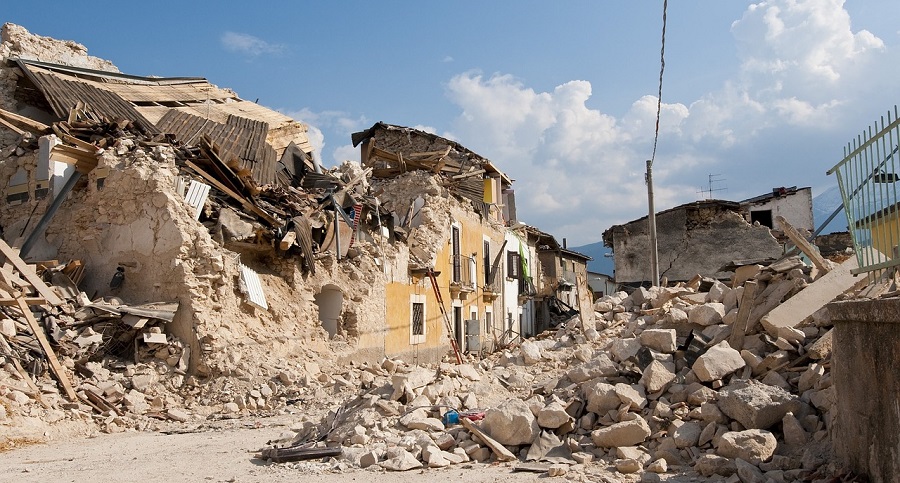
The assessment unearths yet another heartbreaking facet of the aftermath: approximately 11 per cent of families sampled reported their children being involved in child labor. The lack of sufficient income emerged as a formidable obstacle to providing these young minds with the education they deserve. The earthquake’s economic impact has only exacerbated this barrier, adding to the urgency of addressing the prevailing hardships.
The quake’s tremors reverberated through the labour landscape as well. Roughly 28.6 per cent of employed individuals in the survey felt the repercussions in the form of job losses or adverse effects on their work. Tragically, most of these workers lacked insurance to serve as a buffer against such upheavals, further underscoring the need for enhanced social safeguards.
A resounding 75 per cent of respondents identified the most immediate post-earthquake challenge as the daunting task of securing stable employment and a consistent income stream. The critical importance of addressing food security emerged as the next priority across all levels. Ensuring viable work opportunities to bridge the income gap followed suit, underscoring the symbiotic relationship between steady employment and financial stability.
Regarding recovery strategies, the survey unearthed valuable insights into the preferences of those grappling with the quake’s aftermath. Approximately 34 per cent of respondents advocated for training in new skills as a gateway to fresh job prospects, while an equivalent percentage sought funding for small-scale income-generating ventures. Notably, 43 per cent expressed a preference for work within the industrial sector. In comparison, other significant sectors included health-related social services (12 per cent), agriculture (10 per cent), and telecommunications and computer services (10 per cent).
The assessment’s scope extends beyond providing a snapshot of the earthquake’s impact; it guides future interventions. It pinpoints the critical intersections where the ILO’s employment-intensive approach can be seamlessly integrated to support and uplift the affected communities.
Behind these stark numbers and poignant narratives lies a robust foundation of data. The assessment’s findings are anchored in a survey of 402 households, representing over 2,000 individuals from Aleppo. Most respondents (55 per cent) belong to the working-age population, encompassing those aged 15 to 64, with a notable 32 per cent engaged in employment. The survey’s insights are complemented by data sourced from national surveys that encompassed Aleppo’s economic structure, labor market dynamics, and the socio-economic repercussions of the earthquake on the Aleppo Governorate.
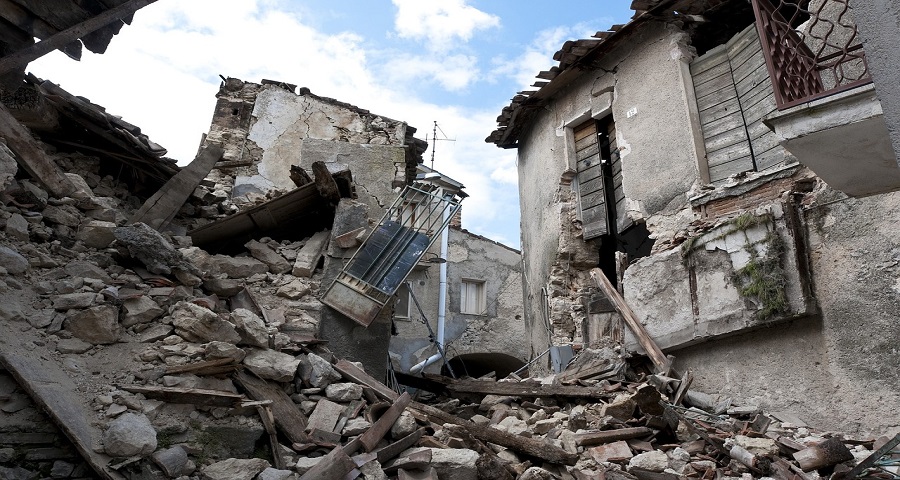
Armed with these insights, the assessment takes a forward-looking stance, presenting recommendations to guide the path. Foremost among these suggestions is the rehabilitation of essential social service centers, particularly schools and health facilities. This targeted approach seeks immediate relief and support for families grappling with urgent needs. The assessment also underscores the necessity of synergizing efforts among diverse stakeholders, creating pathways that connect job seekers with opportunities in the labour market through on-the-job training programs and wage support mechanisms. The call for a comprehensive review of minimum wage regulations and systems resonates as a crucial step to align income standards with the ground realities of Syria’s minimum living requirements.
The ILO’s proactive engagement is already visible on the ground, as it partners with local entities to execute an employment-intensive program in Aleppo. The ILO aims to unlock viable job avenues through community-driven infrastructure projects while nurturing income generation and decent work. The program’s emphasis on skill enhancement and improved working conditions reinforces its commitment to shaping sustainable solutions for the workers and families most deeply impacted by the earthquake.
As Aleppo emerges from the seismic tremors, the journey to recovery is marked by daunting challenges and hopeful opportunities. By embracing a holistic approach that addresses immediate needs, builds capacity, and unlocks fresh horizons for employment, the city can rise above adversity and forge a resilient future. The ILO’s steadfast dedication, coupled with the collective efforts of stakeholders, holds the promise of a brighter tomorrow for the valiant souls of Aleppo.

